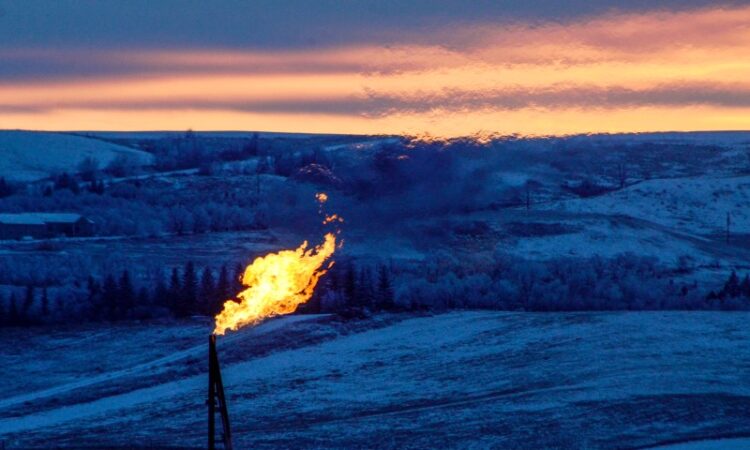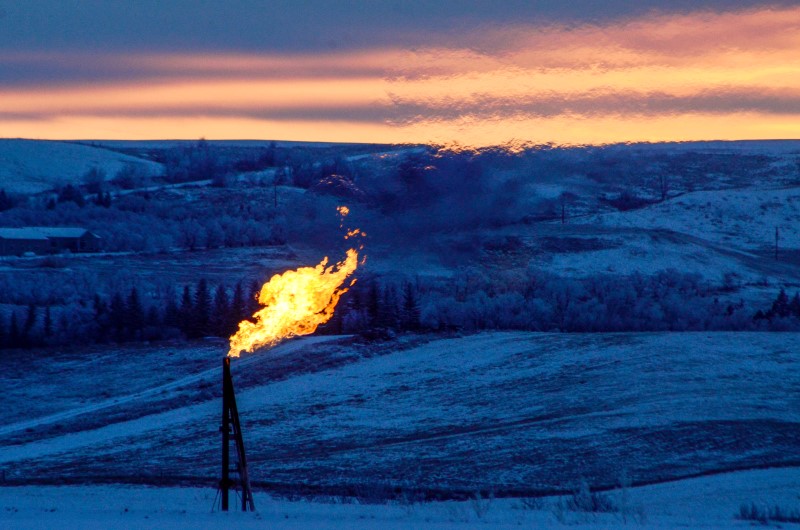

© Reuters.
By Kate Abnett
BRUSSELS (Reuters) – It is unclear if Belgium will use the option in an upcoming European Union law to block imports of Russian liquefied (LNG), Belgium’s energy minister said on Monday.
A reform of EU gas market rules, agreed last year, is set to let EU countries stop deliveries of Russian pipeline gas and LNG by giving them a legal option to prevent Russian firms from booking capacity on their gas infrastructure.
Belgium’s energy minister Tinne Van der Straeten said it was “not entirely clear if we can work with that”, referring to the option in the EU gas market law.
“We are indeed also in Belgium confronted with specific contracts that were signed well before the war and it is now still an open point how to address this,” she told a meeting of the EU Parliament’s energy committee on Monday.
Belgium was the EU’s third-biggest importer of Russian LNG in Jan-Sep. 2023. Much of this supply does not stay in Belgium, however.
Around 45% of the Russian LNG received by Belgium in Jan-Sep. 2023 was trans-shipped – reloaded onto another ship and sent onwards to another country or port – according to the Institute for Energy Economics and Financial Analysis.
Van der Straeten said any action to use the EU law’s option to restrict Russian LNG would first require consultations with neighbouring countries.
“This is something that we cannot take on unilaterally,” she said.
The EU gas market rules are awaiting final approval from EU countries, a step that is usually a formality.
The 27-country EU pledged to ditch Russian gas after Moscow’s Feb. 2022 invasion of Ukraine. Europe’s pipeline imports of gas from Russia have plunged since the war began, but LNG imports have not.
Russian gas and LNG are not subject to EU sanctions. The EU does have a ban on seaborne and oil products imports from Russia.






